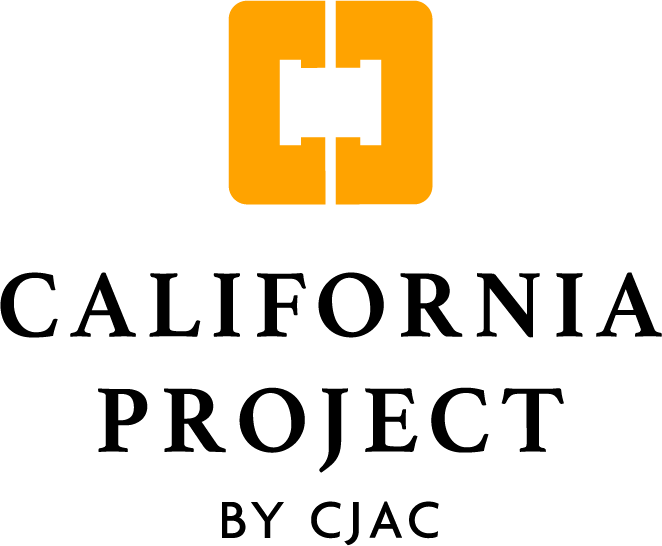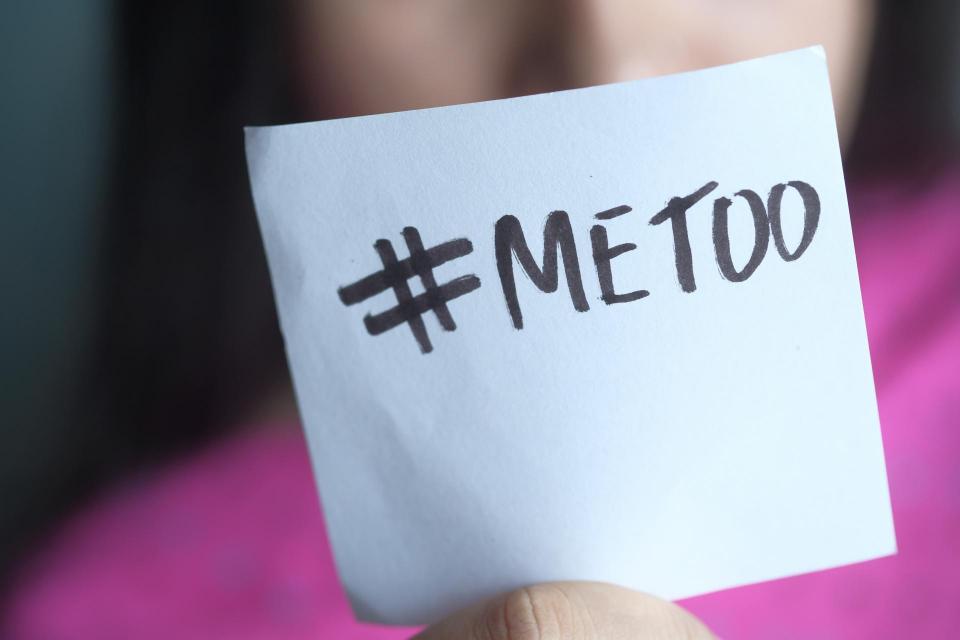Survivors of sexual abuse at the California Legislature and public universities shouldn’t be excluded
OC Register - May 18, 2022
OC Register published version here
By Kyla Christoffersen Powell
In recent years, University of California at Berkeley has been the subject of numerous reports of sexual assault claims filed by students. Just last month, California State University faculty circulated a petition calling for the Legislature to launch an investigation into how 23 campuses handle sexual harassment complaints. And then there is the Legislature itself, which has seen frequent reports of sexual harassment claims by staff over the years.
Even more disturbing than the prolific nature of such reports among public sector entities in California, which are funded by taxpayer dollars, is that Assemblymember Buffy Wicks, D-Oakland, does not include UC Berkeley students (whom she represents) or any California public university students who have survived sexual abuse in AB 2777, her legislation introduced this year. In AB 2777, she also neglects to hold our state Legislature accountable for the sexual harassment claims it has received.
This is the case even though the bill is entitled the “Sexual Abuse and Cover Up Accountability Act.” AB 2777 creates a 12-month window during 2023 for lawsuits – alleging sexual misconduct and coverups of the same – that missed the deadline for filing under the existing statutes of limitation. The bill revives these claims no matter how far back they go – that is – unless you are a public university student or employee or an employee or visitor of the state Legislature or any other state or local government entity. The bill’s provisions apply only to students, employees, and visitors at private or nonprofit establishments.
At the recent Assembly Judiciary Committee hearing on AB 2777, Assemblymember Wicks confirmed its provisions do not apply to public sector entities. Not only did she fail to express any reservations about this gigantic breach in her bill, but none of the members of the Judiciary Committee questioned this exclusion, and eight out of 10 of them voted to support the measure and pass it out of committee.
The Civil Justice Association of California and others in the business community oppose the measure – in part due to this unequal application of its provisions – but also because it is extremely unfair and overbroad. AB 2777 allows ancient suits not only for sexual assault but also for any “inappropriate conduct, communication, or activity of a sexual nature.” The latter terminology is so vague that it will permit suits over a distasteful joke or an ogling glance that occurred decades ago. Those that are sued, such as restaurants, shops and community service organizations, will have no ability to verify or defend against such allegations. With so much passage of time, witnesses have retired or passed away and records, if any were maintained, no longer exist.
Supporters of AB 2777 state their intention is to help victims of sexual abuse. AB 2777 instead diminishes timely sexual abuse claims (those brought within 10 years or three years after discovery, whichever is later) and deprives them of court time and resources by allowing a deluge of stale claims that the court system will be unable to fairly and effectively process due to lack of witnesses and evidence.
Nevertheless, if Assemblymember Wicks and other legislators believe AB 2777 is truly good and sound public policy supporting survivors of sexual abuse, then they should apply its provisions to themselves and every other public sector employer in the state.
Anything short of that is simply hypocrisy.
Kyla Christoffersen Powell is president & CEO of the Civil Justice Association of California (CJAC).


